Dive into a collection of articles that amplify neurodivergent voices, support a more thorough understanding of neurodiversity, and challenge common misconceptions.
Month
- February 2026
- January 2026
- December 2025
- November 2025
- October 2025
- September 2025
- August 2025
- July 2025
- June 2025
- May 2025
- April 2025
- March 2025
- February 2025
- January 2025
- December 2024
- November 2024
- October 2024
- September 2024
- August 2024
- July 2024
- June 2024
- May 2024
- April 2024
- March 2024
- February 2024
- January 2024
- December 2023
- November 2023
- October 2023
- September 2023
- August 2023
- July 2023
- June 2023
- May 2023
- April 2023
- March 2023
- February 2023
- January 2023
- December 2022
Author
- Abs S. Ashley
- Adam Fare
- Aimee Fletcher
- Aisling Sheehy
- Andreia Costa
- Ann Memmott
- Antonia Aluko
- Bethan Warner
- Beverley Samways
- Brendan Maguire
- Callum Stephen Howes
- Cassandra Lovelock
- Charli Clement
- Chloe Webster-Harris
- Claire
- Cos Michael
- Darren O'Reilly
- Dr Catherine Crompton
- Dr Virginia Carter Leno
- El Dewar
- Elise Guthrie Stirling
- Emily Wooden
- Emily Lees
- Emily Katy
- Emma
- Emma Nielson
- Grace Lee
- Harriet Axbey
- Hat Porter
- Helen Edgar
- Iqra Babar
- Jill Corbyn
- Kai Schweizer
- Katrine Callander
- Kay Louise Aldred
- Krysia Waldock
- Kyra Thompson
- Lizzie Smith
- Lou Chandler
- Lucy Gilbert
- Meena Kumari
- Molly Anderton
- Molly Siobhan Parker
- Nick Ransom
- Reesha Zahir
- Remie Colledge
- Rhiannon Williams
- Rod Landman
- Rose Matthews
- Sarah Douglas
- Sarah Boon
- Sascha Bellamy
- Sophie Broadgate
- Stop Oxevision
- Tania Robinson
- Thomas Barnett
- Tina
- Trauma Geek
- Victoria Denham
- Warda Farah
- Zoë Austin
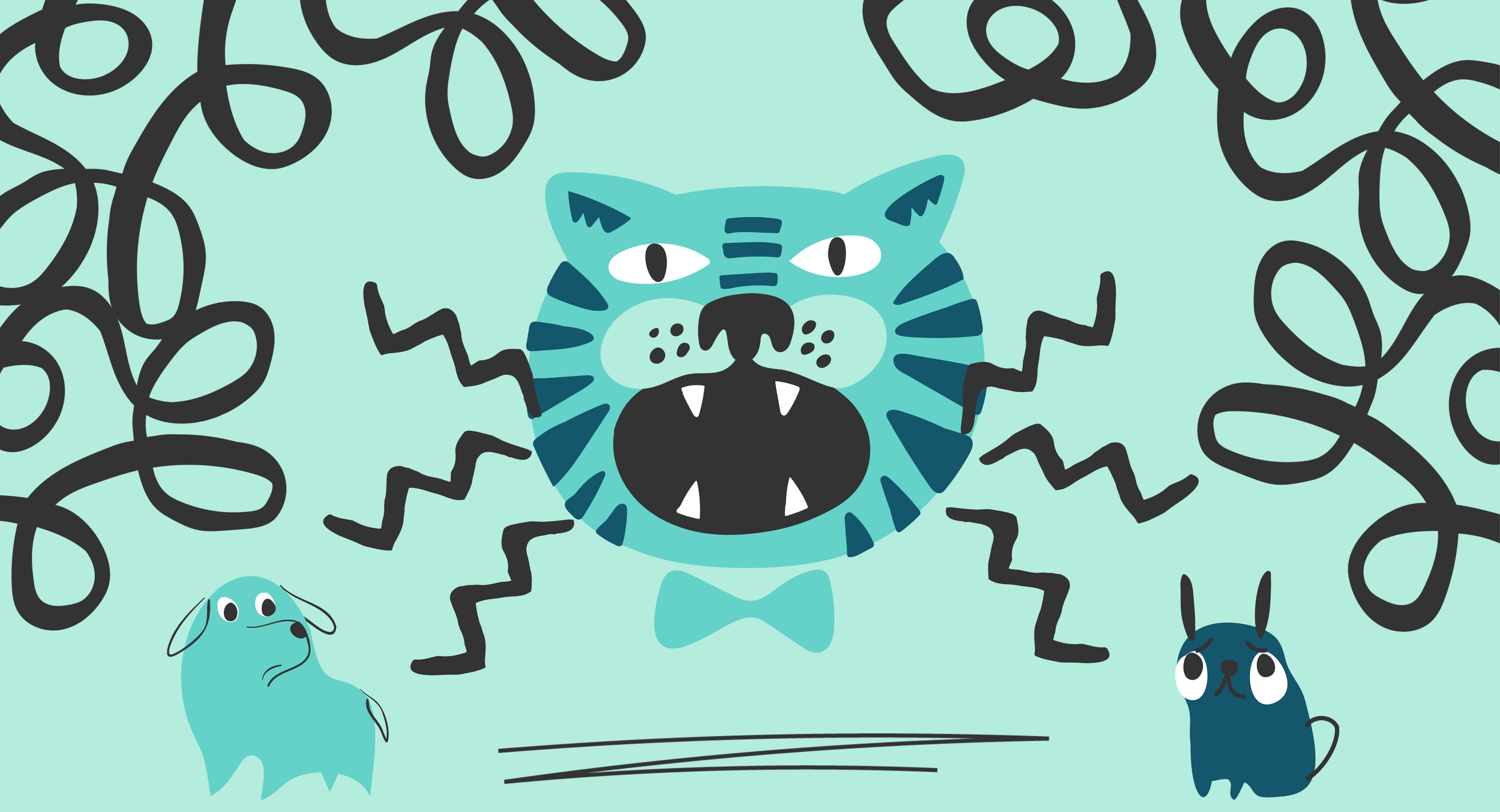
Neurodiversity-Lite: A Wolf in Sheep’s Clothing
Neurodiversity celebrates the natural variation in human minds, challenging the notion of a single “normal.” In this guest blog, Tania Robinson explores why a “neurodiversity-lite” approach can be harmful, and how to identify practices that genuinely support and include Neurodivergent people.
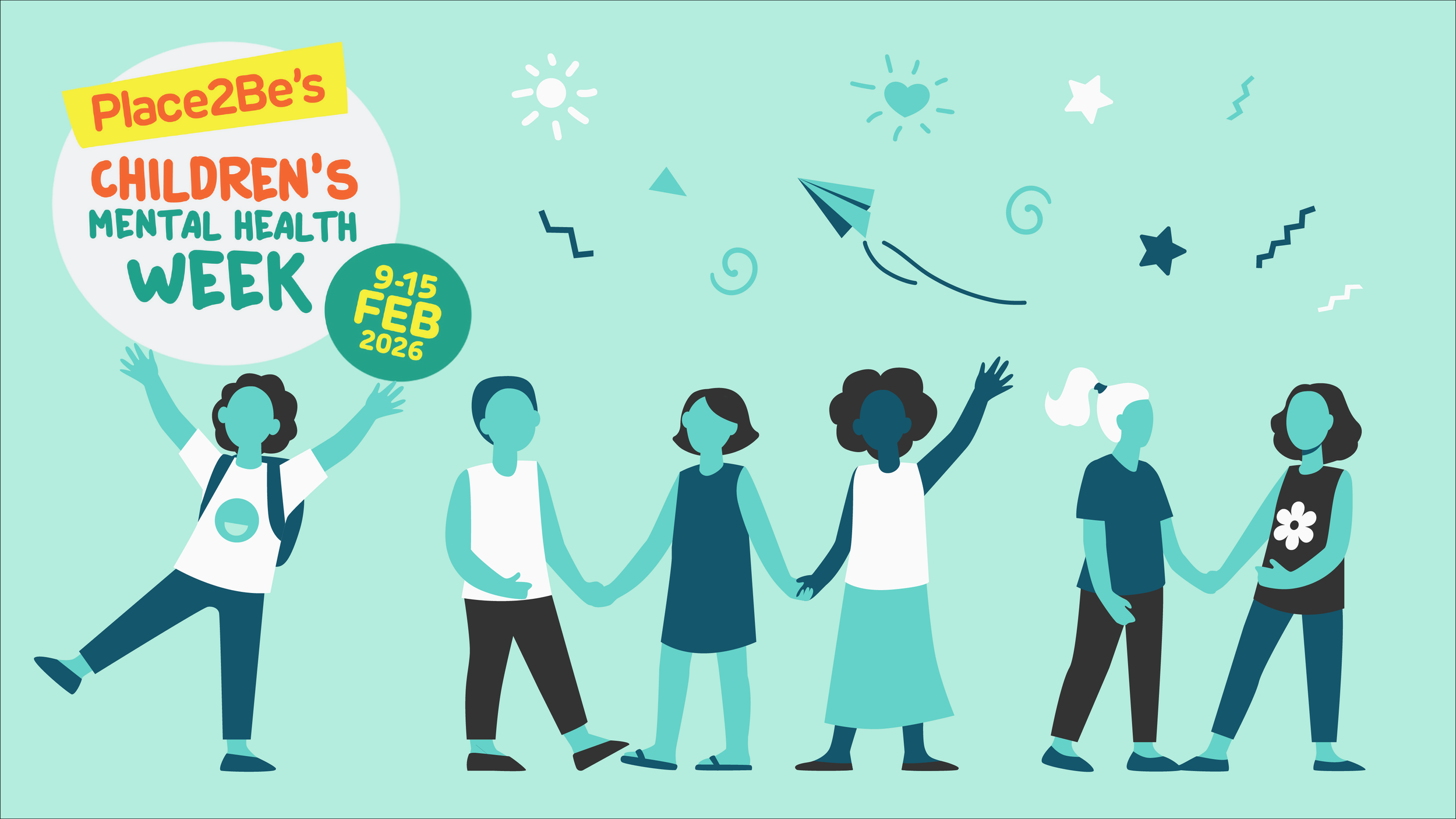
Belonging grows from being seen: the reflections of a parent in a Neurodivergent family
Belonging in a Neurodivergent family often means letting go of traditional expectations and learning to see behaviour as communication. Bethan Warner shares how shifting from expectation to connection helped her family create a home where everyone feels safer, understood, and able to belong.
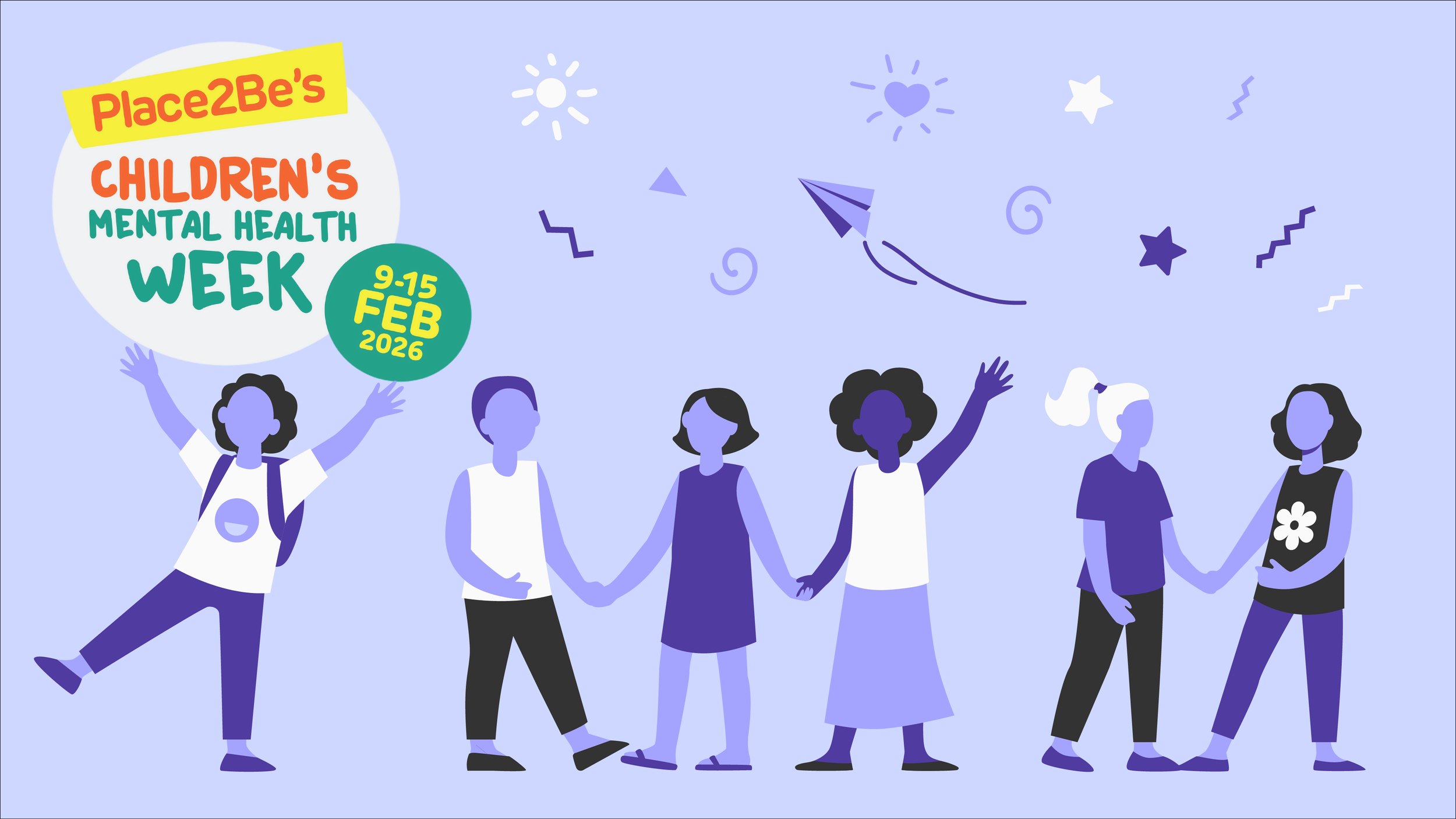
This Is My Place: Finding Belonging in Schools, Homes and Communities
For many Neurodivergent children, belonging can feel confusing, distant, or out of reach long before they have the words to explain why. Emma explores how early experiences of difference and exclusion shape a child’s sense of self — and why understanding, acceptance, and the right support can help them grow up feeling secure in who they are.
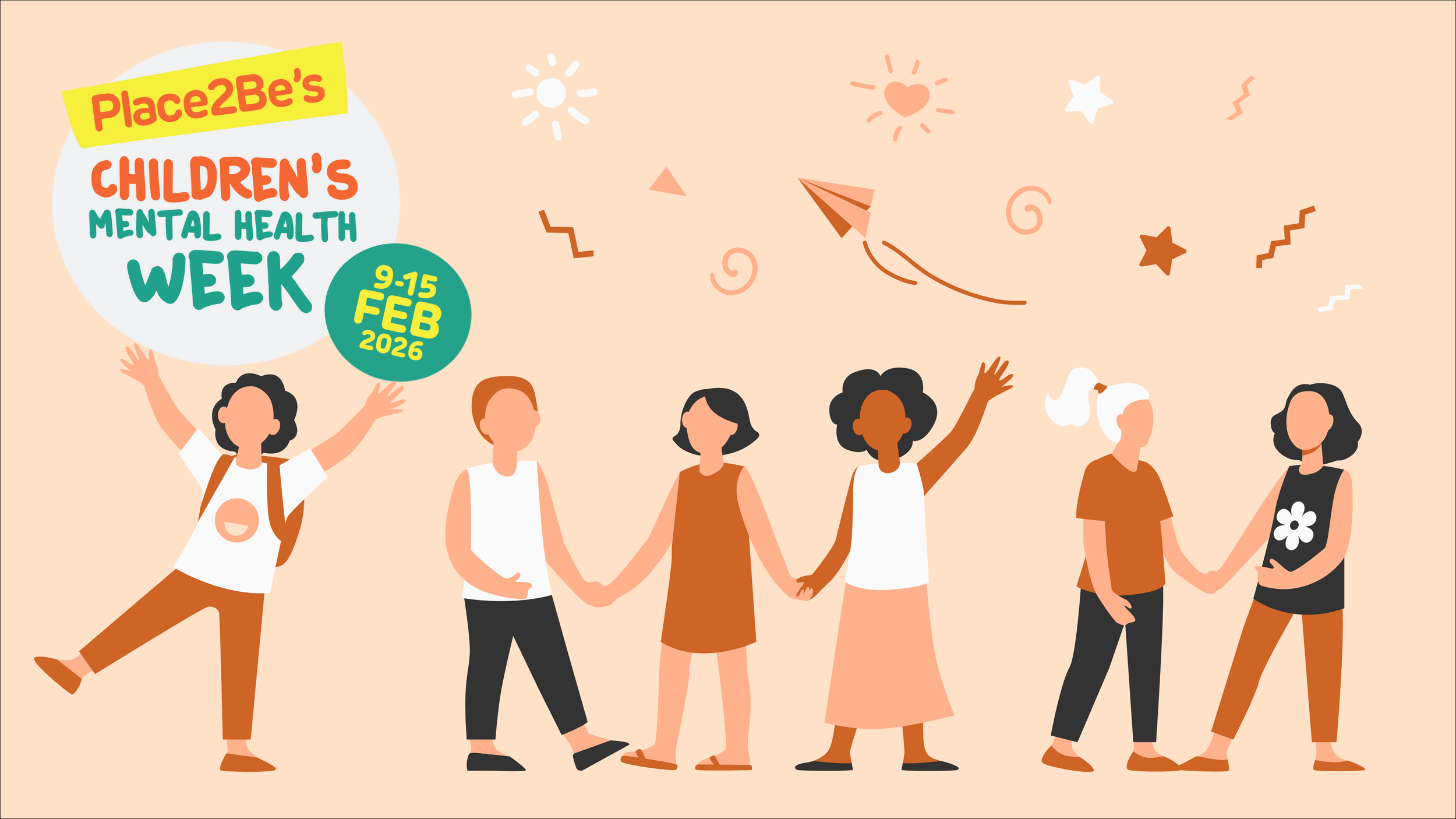
This is my place: supporting Autistic children’s wellbeing in neuro-affirming ways
During Children’s Mental Health Week, “This Is My Place” invites us to rethink how we support Autistic children. Helen Edgar explores how creating safe, Neurodivergent-affirming spaces—where children’s sensory needs, communication, and interests are respected—helps them feel they truly belong and thrive.
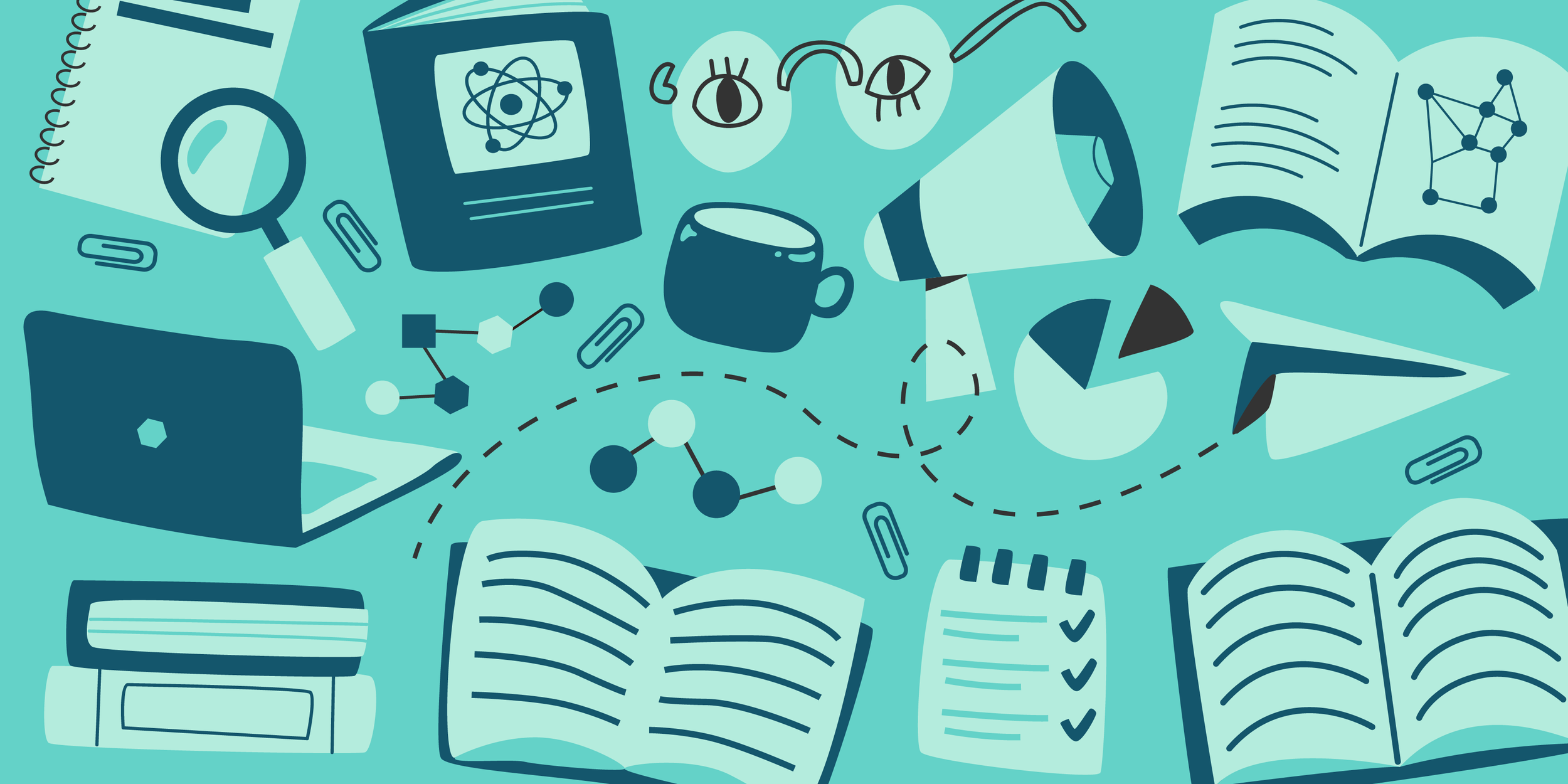
Autism, Neurodivergence, Support Needs and Inclusion — What’s New in December and January
In this research roundup, Ann Memmott brings together recent papers from December and January exploring Autism and other Neurodivergent conditions, with a particular focus on support needs, inclusion, and ethics in research and practice.
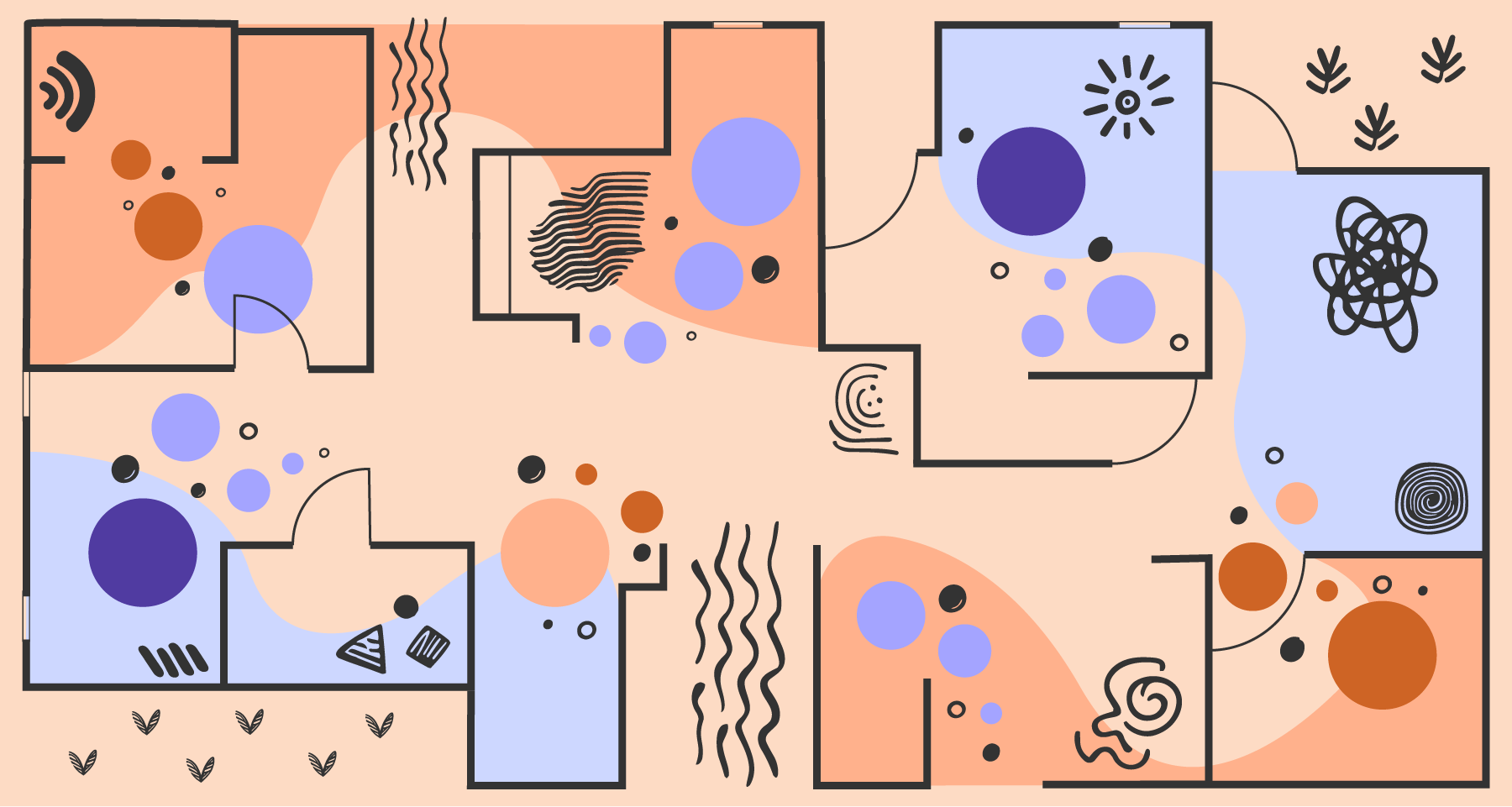
5 Tips for a Home that Supports Sensory Needs
Lou Chandler shares reflections on how home environments can impact sensory needs, drawing on their lived experience as an autistic person. Lou explores how elements such as lighting, noise and spatial layout can affect regulation and offers gentle prompts for considering small, supportive adjustments at home.

Concerns of a Neurodivergent Educator
Neurodivergent educator Zoë Austin reflects on her lived experience working within the UK education system and supporting autistic and ADHD children, families and students who are too often failed by it.

A Christmas letter to my younger self
In our second festive blog, we’re joined by Molly Anderton, NdC Lived Experience Advisor, as she shares insights into her Christmases growing up as an undiagnosed Neurodivergent person and sends warm wishes back in time to her younger self.
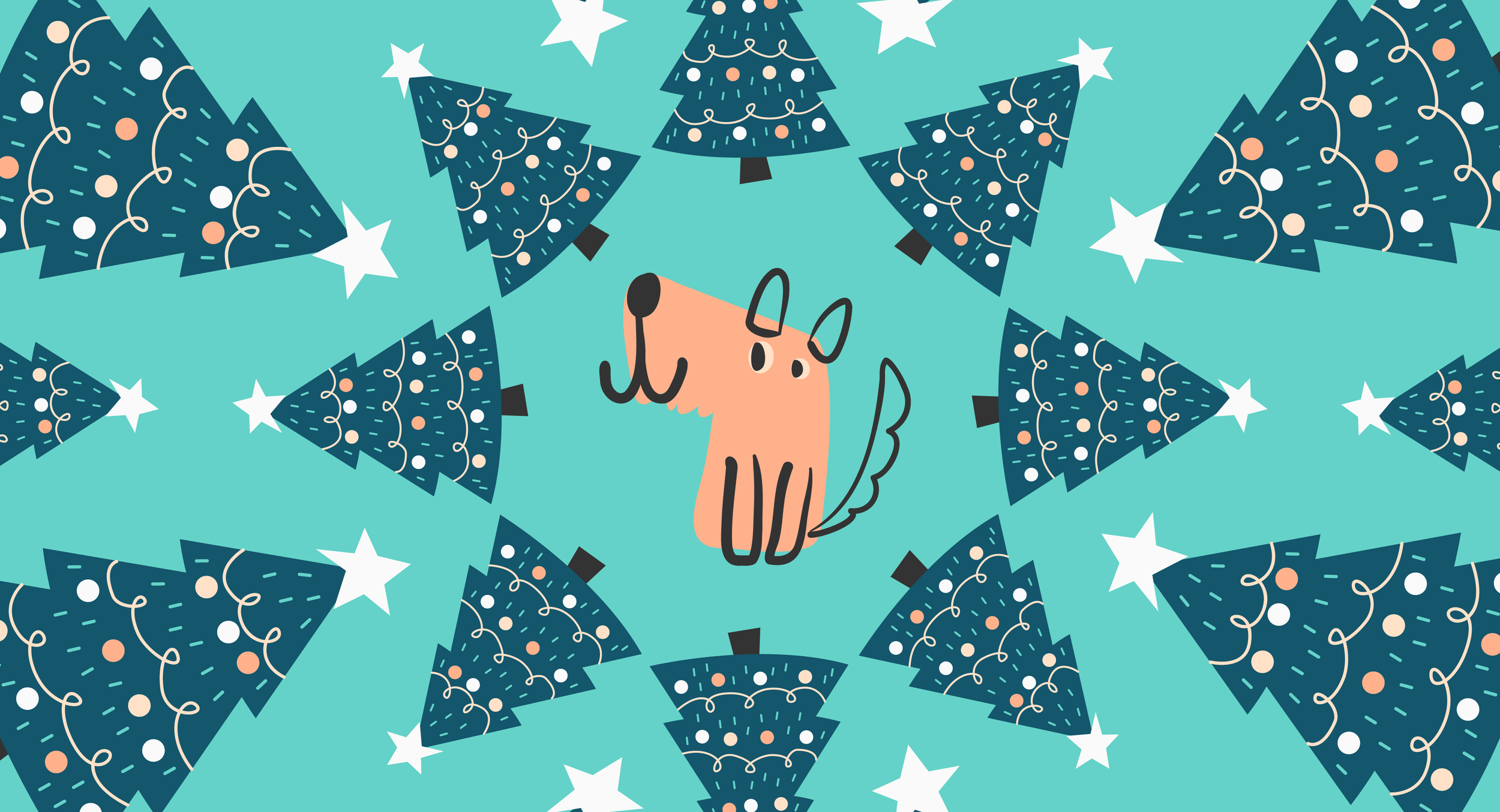
The quiet season: reclaiming rest from performative festivity
Winter is supposed to be a season of rest. The natural world slows down, the light fades and everything in our biology leans toward quiet. Yet December demands the opposite: noise, speed, performance, compulsory joy.
For many Neurodivergent people, this isn’t festive,it’s exhausting. This year, perhaps more than any other, NdC’s Communications and Project Assistant, Tors Denham has found herself questioning whether she wants to keep pretending that this version of celebration works for her.

Autism, ADHD, Lived Experience and Inclusion—What’s New in November
In this month’s research roundup, Ann Memmott brings together new work exploring Autism, ADHD, first‑person perspectives and inclusion. Ann reflects on sensory and communication challenges, access barriers in schools and healthcare, the ethics of interventions and how Neurodivergent people articulate their own experiences.
- ABA
- abuse
- accessible
- ADHD
- adults
- advocacy
- affirming
- aging
- assessment
- autism
- autistic parents
- black autistic
- building design
- burnout
- childhood
- children
- co production
- coercive control
- communication
- community
- culture
- depression
- Designing Homes for Sensory Differences Summit 2024
- diagnosis
- disability
- dyslexia
- eating disorders
- education
- empathy
- employment
- environment
- ethics
- executive functioning
- family
- friendships
- GCC Summit 2023
- gender
- grooming
- guidance
- health
- healthcare
- holiday
- housing
- human rights
- identity
- inclusion
- inpatient
- intersectionality
- joy
- language
- late diagnosed
- learning disability
- LGBTQIA+
- lived experience
- masking
- medicalisation
- meltdown
- mental health
- monotropism
- mothers
- nervous system
- newly diagnosed
- NHS
- OCD
- online
- pain
- parents
- PBS
- peer support
- play
- psychiatric care
- quality of life
- race
- racism
- reasonable adjustments
- relationships
- research
- resources
- routine
- school
- self diagnosis
- self regulation
- sensory environment
- sensory overwhelm
- sensory processing
- services
- sexism
- special interests
- spirituality
- stimming
- stress
- suicide
- support
- therapy
- training
- trauma
- trauma-informed
- women
- workplace
- young people
Got something to say?
We commission blogs from neurodivergent writers. We are particularly keen to hear from people of colour, older people, and non-speaking members of our community. Help us in our mission to amplify the views and voices that are most often left unseen and unheard.


